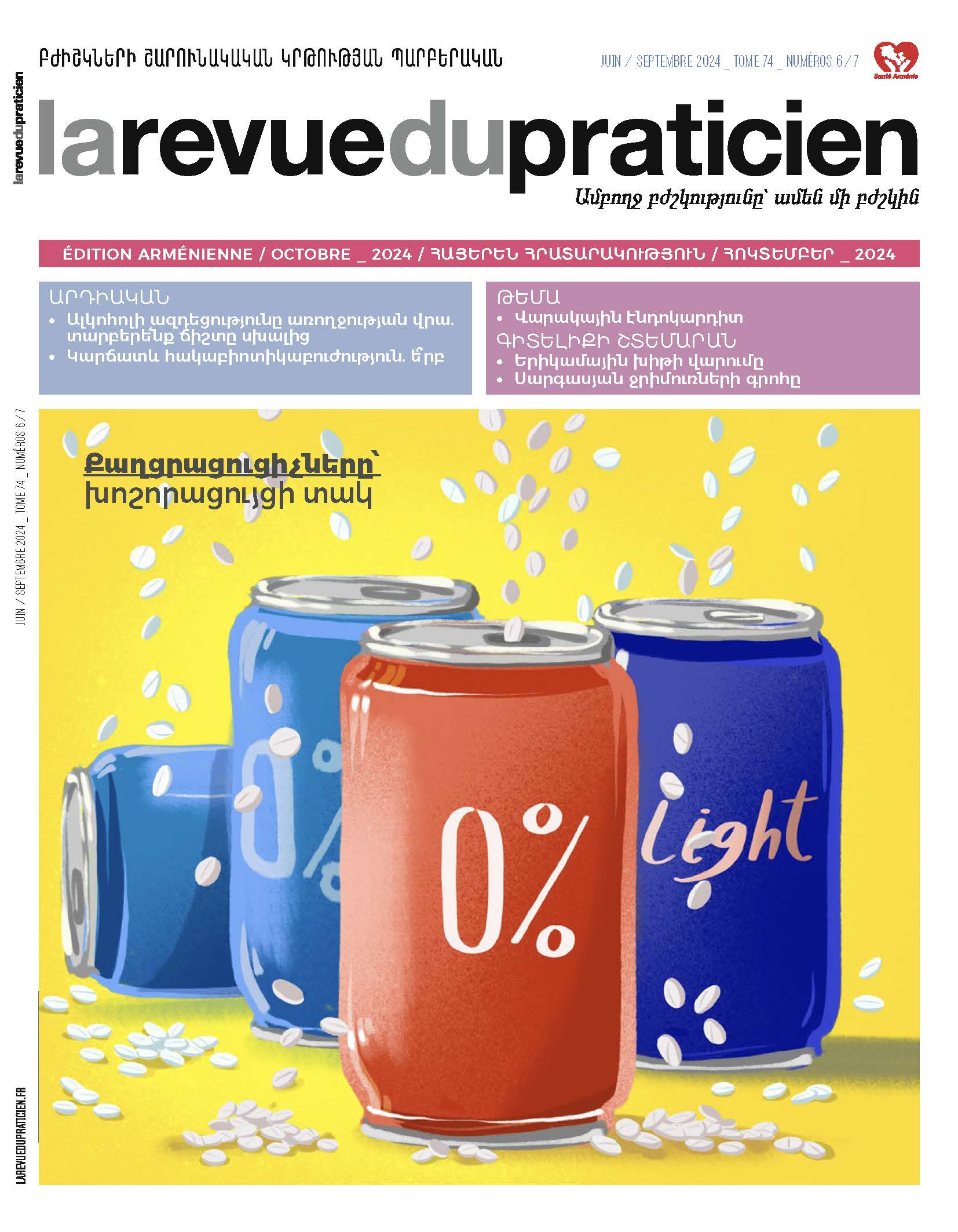Complications of infective endocarditis 43
Faouzi Trojette, Chloé Di Lena, Yohann Bohbot, Dan Rusinaru, Christophe Tribouilloy.Abstract
The high in-hospital mortality of patients with infective endocarditis (about 20%) is mainly due to its complications. These complications are essentially of cardiac, neurological, and infectious origin. Rapid diagnosis and early antibiotic treatment are of paramount importance and allow drastic reduction of the frequency and severity of such complications. Discussion with all physicians caring for the patients with infective endocarditis in an "endocarditis team" setting is a mandatory step in management optimization and outcome improvement. This "endocarditis team" approach allows faster identification of patients at high risk of acute heart failure and/or cerebral embolism, and selection of those who might benefit from urgent valvular surgery. Factors associated with high embolic risk are the size and mobility of vegetation, mitral valve endocarditis, and infection with Staphylococcus aureus. When neurological complications occur, there is a risk that these may be worsened by the valvular surgery if there is a hemorrhagic component. This risk needs to be careful weighed in a team approach before sending patients to surgery. Persistent sepsis after effective antibiotic treatments prompts to local extension of the disease or to embolic extra cardiac secondary infectious localization.
MeSH :
Endocarditis/complications,
Endocarditis/diagnosis,
Endocarditis/etiology,
Endocarditis,
Humans.
Keywords :
Endocarditis.
